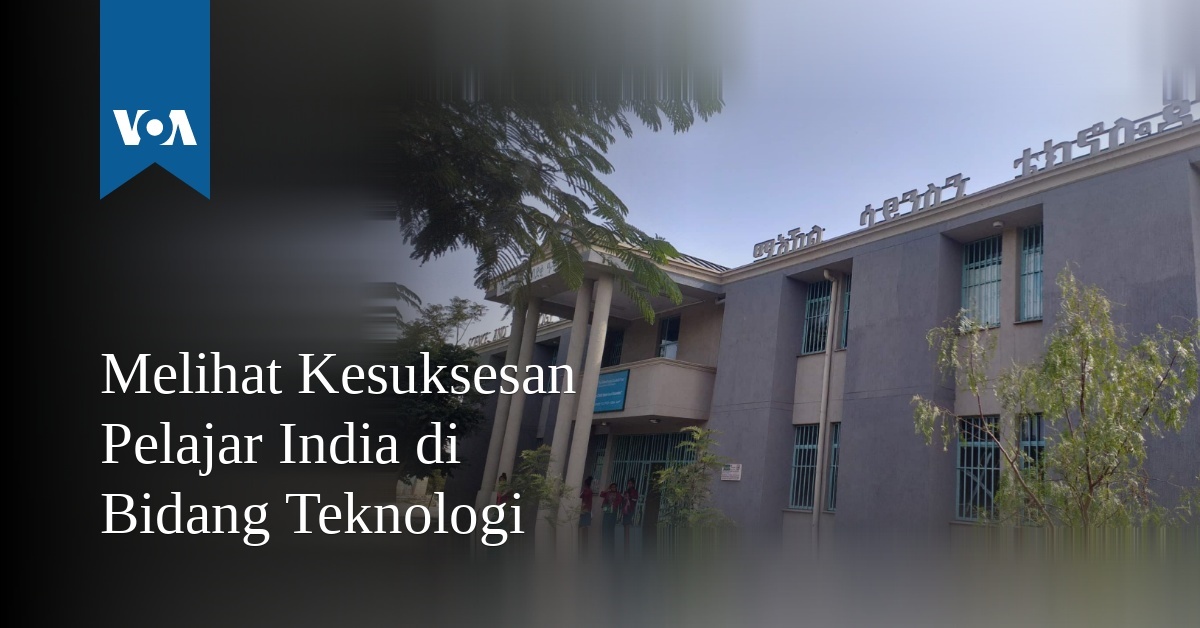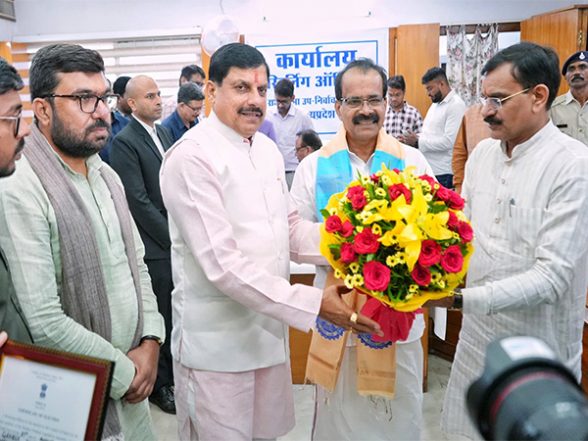The Group of Twenty (G20) was founded in 1999 after the Asian financial crisis as a forum for finance ministers and central bank governors. In 2008, after successfully averting a potential economic depression by launching the largest and most coordinated global economic stimulus, the G20 became the premier forum for international economic cooperation or a leading forum for international economic cooperation.
Read also: Today, India begins the presidency of the G20
Today, the G20 represents 85% of global GDP, more than 75% of global trade and around two-thirds of the world’s population. Therefore, its relevance to an ambitious and forward-looking region, country or forum can hardly be overstated.
Similarly, tracing ASEAN’s journey through the decades, according to Philippine Foreign Minister Narciso Ramos’ statement following the signing of the ASEAN Declaration in which he highlighted the state of “the Southeast Asia’s fragmented economy” and he hopes that ASEAN “can harness the untapped potential of this rich region” through more concerted action”. After nearly six decades, ASEAN is proving today one of the most successful intergovernmental organizations in the developing world.
Therefore, by having the same thoughts behind their establishment, the G20 and ASEAN can collaborate and explore synergies to promote inclusive and sustainable development.
The current G20 Troika, made up of the previous, current and next presidents, includes Indonesia, India and Brazil respectively. Indonesia is a founding member country of ASEAN, while Brazil is an ASEAN sector dialogue partner. While the Troika is designed to extend unlimited continuity to the G20 agenda, India’s G20 Presidency provides an invaluable window for ASEAN member states to put their concerns and priorities on the table, as the uncertainties caused by geoeconomics and climate change create obstacles to achieving sustainable and sustainable development. prosperous future for the region.
In addition, many ASEAN dialogue partners, such as Australia, China, Japan, the Republic of Korea, Russia, the United Kingdom, the United States and the European Union, are also G20 members, giving them another platform to align their bilateral commitments appropriately from a different perspective. In addition, India has invited ASEAN member Singapore as a guest country to the G20 Summit as well as an invitation to the ASEAN Secretariat and its institutions and even the current ASEAN President , Indonesia, is a member of the G20. .
India aims to ensure an inclusive G20 Presidency and voice the concerns of the Global South, in particular ensuring food, energy and fertilizer security, and securing adequate climate finance to accelerate our energy transition.
As a partner, India is aware of the objectives of ASEAN member countries and their sensitivities, but also sensitive to these objectives.
Since India began its formal engagement with ASEAN in 1992 as a sector dialogue partner, the partnership has been further deepened through cooperation in various fields, which ultimately led to the upgrading of the existing strategic partnership into a comprehensive strategic partnership at the ASEAN-India Memorial Summit. last year, which also marks the 30th anniversary of ASEAN-India relations.
During the summit, Indian Vice President Shri Jagdeep Dhankar said partnership with ASEAN was a key pillar of India’s Act East policy and also stressed the importance of ASEAN-India cooperation to address various World challenges. India being a country with a wide coastline facing the Indian Ocean and most ASEAN members also being coastal countries, the ASEAN-India partnership naturally develops a maritime dimension.
As a partner, India is aware of the objectives of ASEAN member countries and their sensitivities, but also sensitive to these objectives. During the ASEAN-India Summit, ASEAN-India cooperation was further enhanced by defining very important areas.

Participants of the Special ASEAN-India Foreign Ministers Meeting met and posed with Indian Prime Minister Narendra Modi in New Delhi on Thursday (16/6/2022). The ASEAN-India Foreign Ministers’ Meeting was held to commemorate the 30th anniversary of the ASEAN-India partnership.
As the outcomes of the summit amply described, there are five important areas where the ASEAN-India partnership requires special attention, recognizing that the immediate challenges ahead can only be overcome through global collaboration and cooperation. Foremost among these priority areas is the promotion of maritime cooperation in the areas of maritime security, disaster management, emergency response and relief, and through the implementation of projects within the framework of the ‘ASEAN Outlook of Indo-Pacific and the Indo-Pacific Oceans Initiative.
Second, there is economic nexus and interdependence. We must give priority to strengthening cooperation in areas such as cybersecurity, cooperation fintechthe digital economy, including exploring the interoperability of the digital financial system.
Third, becoming increasingly vulnerable to climate change-induced disasters that impede our development journey despite much lower historic emissions, we must increase cooperation in the field of sustainable development, with a renewed focus on new technologies. and developing (new and emerging technologies), in areas such as renewable energy, smart agriculture (smart farming), smart city (smart city), health and space cooperation.
Also Read: Solid Roots of India-ASEAN Friendship
The fourth dimension focuses on promoting the revival of tourism and increasing activities centered on young people in order to promote connectivity between citizens. As well as boosting the economy, the thriving tourism sector enables the world to understand and engage with our rich history and culture while marketing our local food, textiles and handicrafts, as well as showcasing locally developed technologies. and development milestones. As India and ASEAN member countries are home to a large proportion of young people, we must actively facilitate spaces to engage them in culture to foster meaningful connections in the future.
All of the areas mentioned above have found strong resonance in India’s top priority for the G20 Presidency: green development (green development), climate finance (climate finance) and lifestyle for the environment (LiFE: Lifestyle for the environment), accelerated, inclusive and resilient growth (accelerated, inclusive and resilient growth); accelerate progress towards the Sustainable Development Goals (SDGs); technological transformation and digital public infrastructure (digital public infrastructure); multilateral institutions for the 21st century; and women-led development.
India is confident that its experience in developing and operating nationally developed digital public goods (grow at homen) and which is used for inclusive finance and socio-economic transformation can be useful to other potential members from developing countries to accelerate progress. Significantly, India sees ASEAN as a beneficial partner in its development journey. Therefore, the Government of India has established three funds to support cooperation activities between ASEAN and India, namely the ASEAN-India Cooperation Fund (AIF), the ASEAN-India Green Fund (AIGF) and the ASEAN-India Cooperation Fund (AIGF). of ASEAN-India scientific and technological development. (AISTDF).
To show India’s commitment to highlighting developing world issues in the framework of the G20, India hosted the largest virtual gathering of leaders and ministers from developing countries through the Voice Summit of the Global South in January 2023 with a total of 125 participating countries. Notably, Cambodia, Thailand, Vietnam, Malaysia, Myanmar, Timor-Leste, the Philippines and Laos participated in various sessions of the Summit. Addressing summit participants, Indian Prime Minister Narendra Modi called for a “human-centric globalization” and said that “we want a globalization that brings prosperity and well-being to humanity as a whole”. .
Read also: ASEAN-India: shared values, common goals
India’s G20 Presidency is an opportunity to engage in meaningful dialogue and distill strong action points that address the concerns of developing countries, especially as the current troika is made up of developing countries and can promise sustained action. The strong cultural, economic, diplomatic, maritime and security ties between ASEAN Member States and India, both individually and collectively, require constructive and active engagement by ASEAN and India in the context of the presidency of the G20 in a context of escalating geopolitical conflicts.
It was concluded that the idea of a world of peace, without conflict, which is at the heart of India’s G20 Presidency theme, One Earth, One Family, One Future, visualizes the whole world as one family living in harmony with each other. , and has been proven over and over again by various world-shaking events. This spirit of universal brotherhood is the only logical path to a prosperous world.
The tough Vardhan Shringla, Chief Coordinator of India’s G20 Presidency
Twitter: @HarshShringla

The tough Vardhan Shringla

“Zombie geek. Beer trailblazer. Avid bacon advocate. Extreme introvert. Unapologetic food evangelist. Internet lover. Twitter nerd.”






